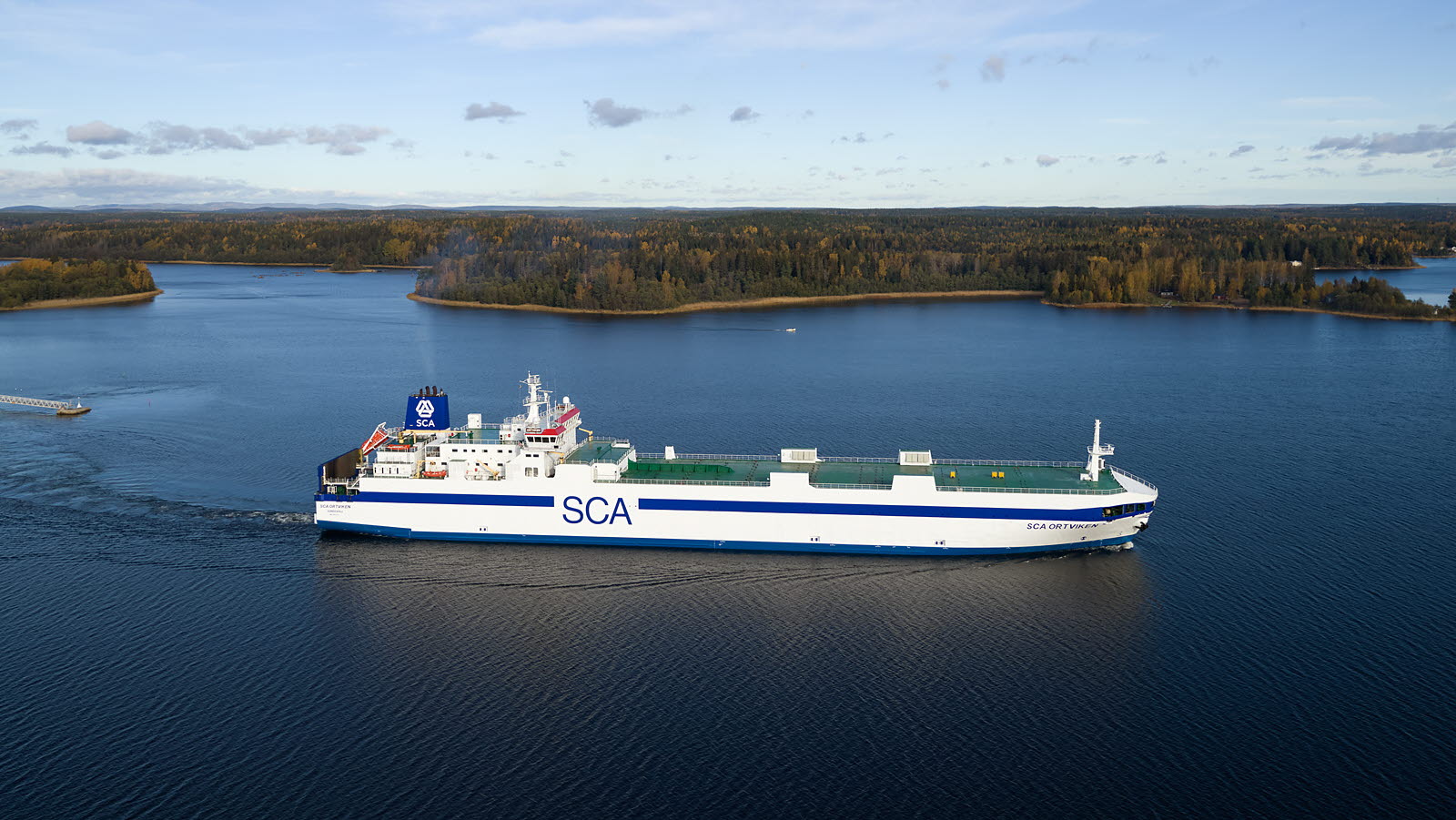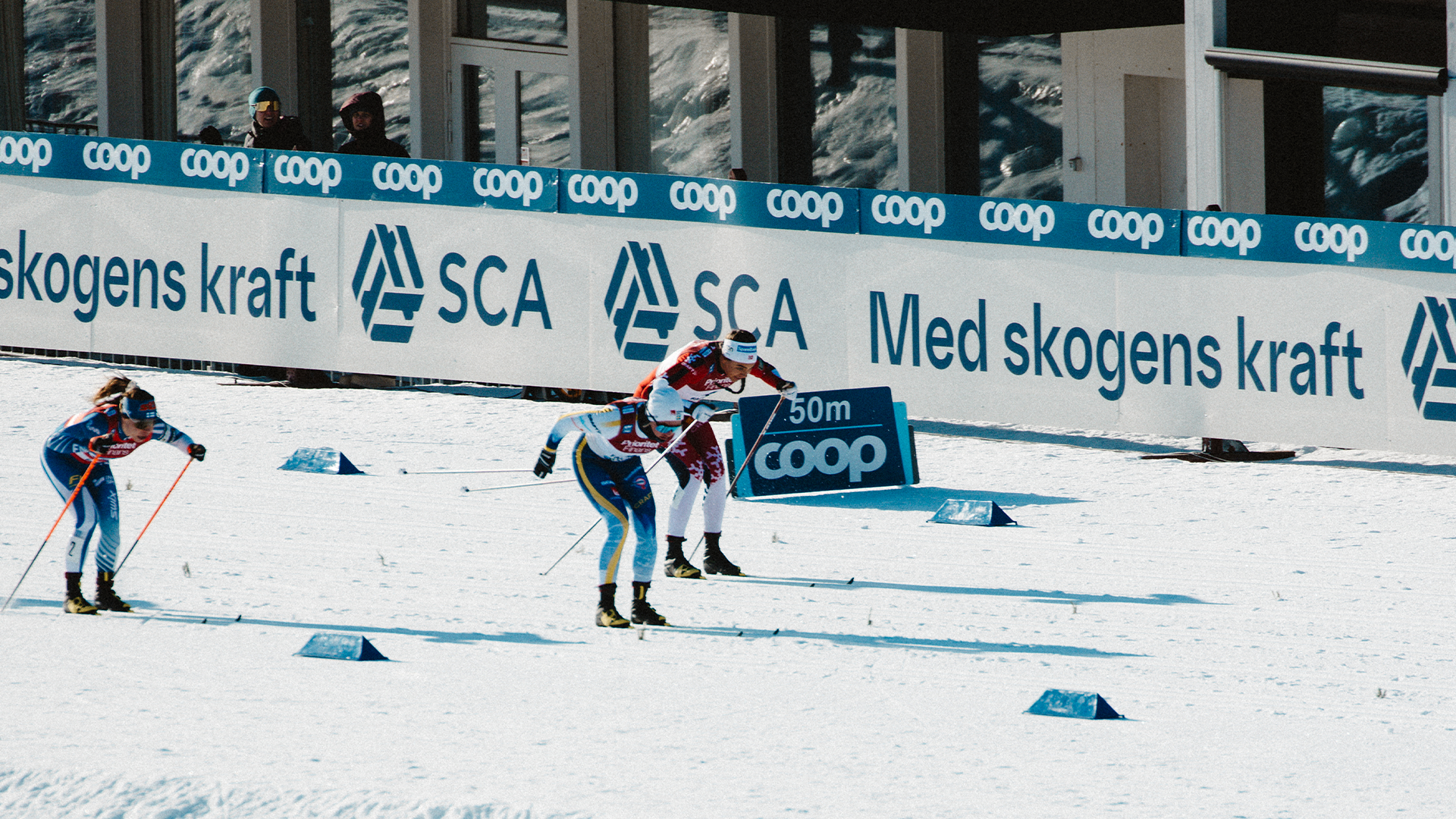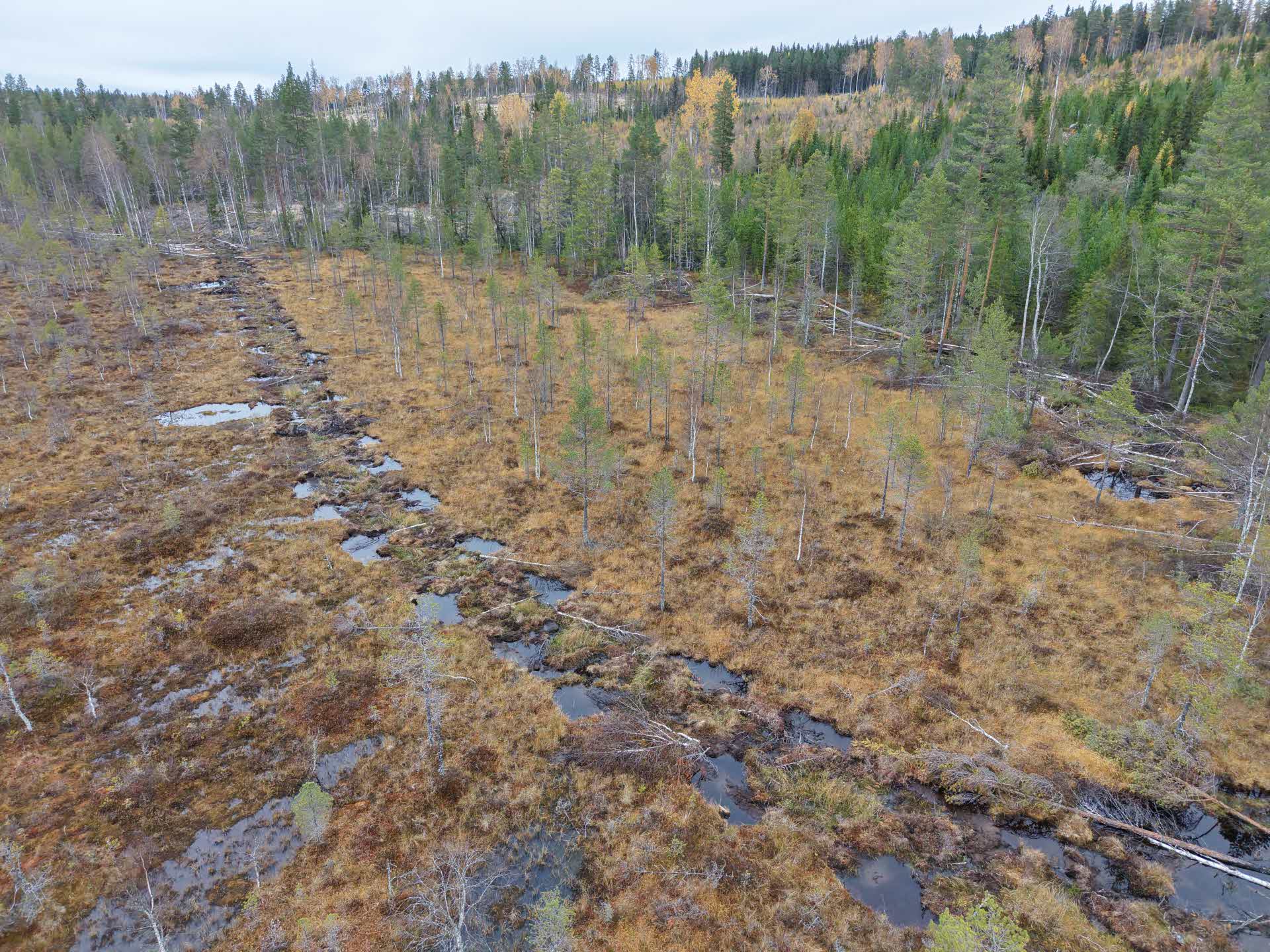
- CONTAINERBOARD
- OUR THINKING
- FIVE THINGS YOU MIGHT NOT KNOW ABOUT THE NEW DEFORESTATION RULES – BUT SHOULD
Five things you might not know about the new deforestation rules – but should
- News
Mention “EUDR” to some and their eyes glaze over. Yes, we know – it may sound complicated. But it doesn’t have to be. Here are five clear truths every converter should know as they prepare for the new requirements.
- EUDR replaces EUTR
So many acronyms! But if you’re like many of our customers, you’ve been working since 2013 under the EU Timber Regulation (EUTR). That framework will now be superseded by the EU Deforestation Regulations (EUDR). What’s new? The new rules are broader, stricter, and apply directly to all operators and traders in the chain – including converters. - Traceability goes back to the forest plot
It’s not enough to know the country or region. Every shipment must include geo-coordinates of the exact harvest site in the due diligence statement (DDS). SCA has decades of verified traceability experience, but converters / corrugators must now file their own reports too. Make sure your own data is accurate and up to date and your system ready to go. - Fines can reach 4% of EU turnover.
Non-compliance brings serious consequences: financial penalties, blocked shipments at customs, or outright bans from the EU market. For example, if a company has a turnover of €30 million in the EU, a fine of 4% would mean €1.2 million. SCA will meet the requirements on our end – but regulators will still hold you accountable for your own compliance. - Operators and traders are legally responsible.
Under EUDR, the obligation doesn’t stop with forest owners or brand owners. Operators and traders who place orders or move products on the EU market must hold valid due diligence statements. SCA’s systems can support you – but you cannot rely on upstream compliance alone. - Compliance will be checked digitally at the border
Every due diligence statement (DDS) will be logged in a central EU system, where customs can flag non-compliant shipments in real time. This makes complete, digital paperwork essential – especially if you’re importing from outside the EU, such as Norway, the UK, or Canada.
Do you want more of our thinking?
Take part of our collection of bite-sized articles with examples of our commitment to the things that are most important to you and your customers.


